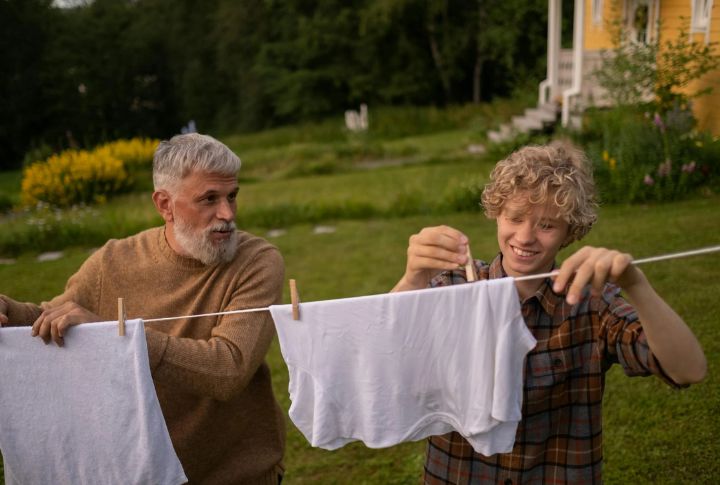
Kids in the 1960s knew how to handle the everyday grind without complaining. They approached chores with a can-do attitude, turning each task into an opportunity to show their growing independence. These little jobs taught life lessons that stuck long after the dishes were dried.
Hanging Laundry On The Line
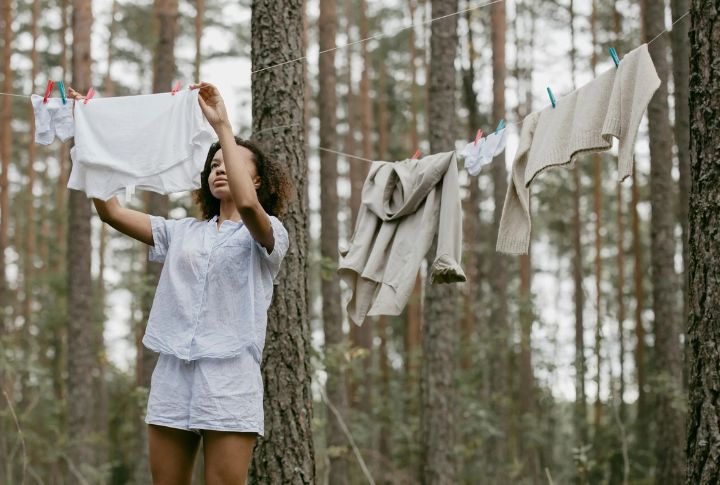
Clothes needed to dry outside, and someone had to help. By working consistently, the children learned how to balance the basket and keep garments from dragging through the grass. With each trip back to the house, the job felt closer to being done.
Picking Up Groceries Solo

A parent’s trust came in pocket change and an unspoken nod. That short walk to the store was really a long step toward independence. You returned with groceries and coins, but what you really carried home was proof that you could be counted on.
Walking Younger Siblings To School
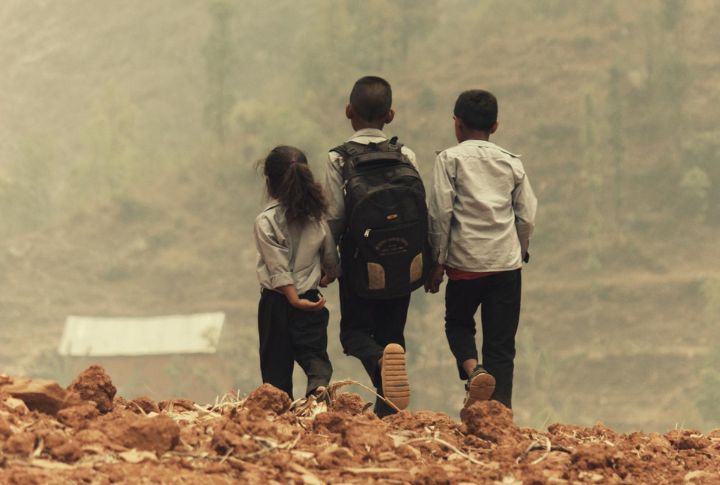
Before sidewalks buzzed with traffic guards, kids led the way. An older child was expected to notice the road and keep the group together. This daily walk wasn’t just about getting there; it was a quiet exercise that involved looking out for someone else.
Making School Lunches The Night Before
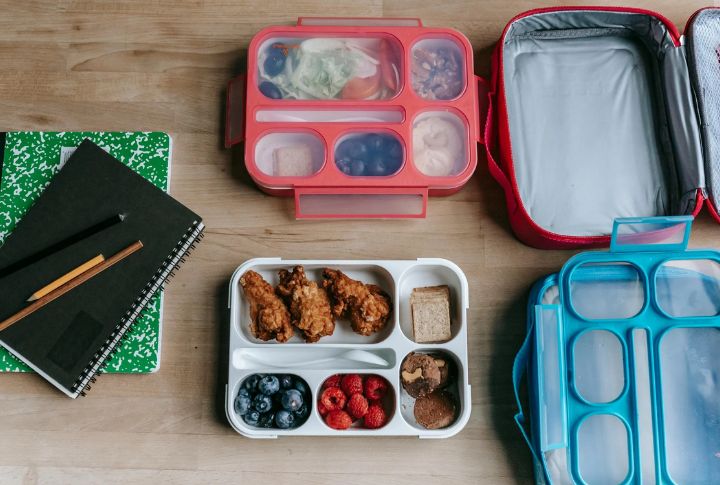
Kitchen counters became quiet prep stations once dinner was finished. Kids who packed their own food chose wisely and made sure nothing would leak. This evening routine saved time in the morning and gave kids a say in what they’d eat.
Raking Leaves Without Complaints
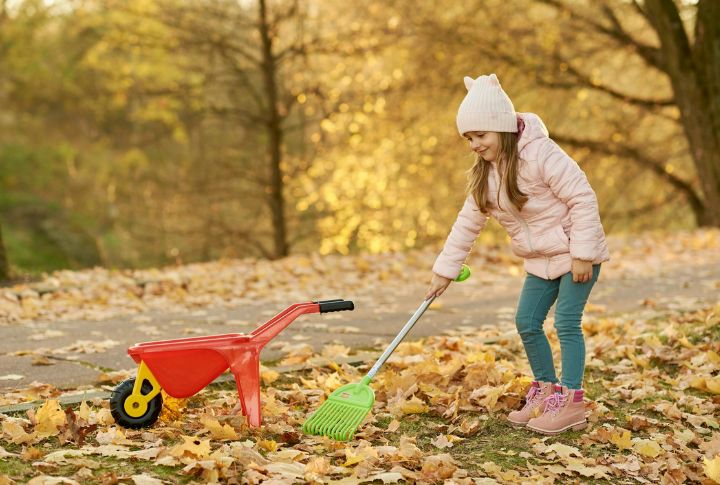
Once the leaves fell, everyone understood the assignment. No moaning, no bargaining—just rakes in hand and boots in motion. Wet leaves made it tougher, but no one quit. They worked until the green peeked through. There were no rewards or applause. And that, somehow, made it feel more meaningful.
Sharpening Pencils For The Whole Class

Before smartboards and tablets, there was a sharpener clamped to the wall. A quiet task, almost ceremonial. One student would rise when asked, crank the handle, and return. It was small, but doing it right gave a sense of pride that didn’t need praise.
Mowing The Lawn With Push Mowers
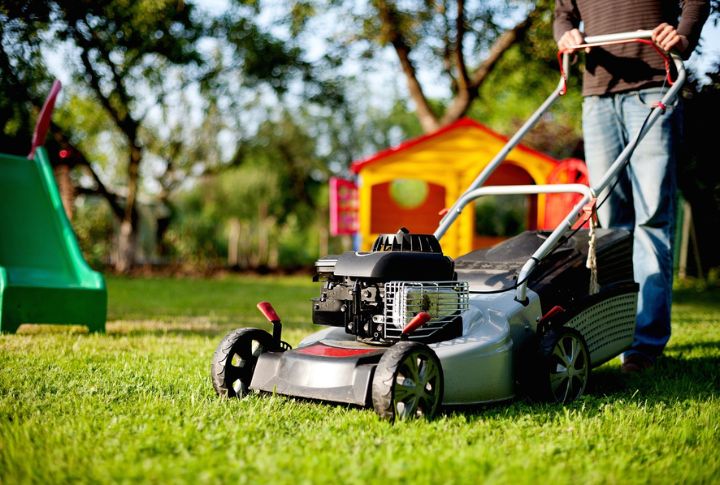
Lawn mowing was serious business. You couldn’t zigzag or leave patches. Neighbors noticed. Parents definitely did. And when you stepped back, sweat dripping, there was that perfect checkerboard stretch of green that told everyone you’d done it right.
Writing Thank You Notes After Birthdays

Once the last ribbon hit the floor, the thank-you cards came next. Just a few lines, but every word mattered. Kids learned to pause and think about who made them feel special. A gift meant a thank you, and writing it made the moment feel real all over again.
Helping Neighbors Without Being Asked

If a neighbor needed help, most kids didn’t wait for permission. Whether it was carrying something or checking in while someone was away, the action was automatic. Families looked out for each other, and it was normal to offer help when it felt like the right thing to do.
Ironing Pillowcases And Handkerchiefs

These were easy items to start with. A parent might demonstrate once, then let the child try. The goal was to smooth the fabric without any burn marks and to fold corners at the end. This activity taught the kids to be patient in small ways.

